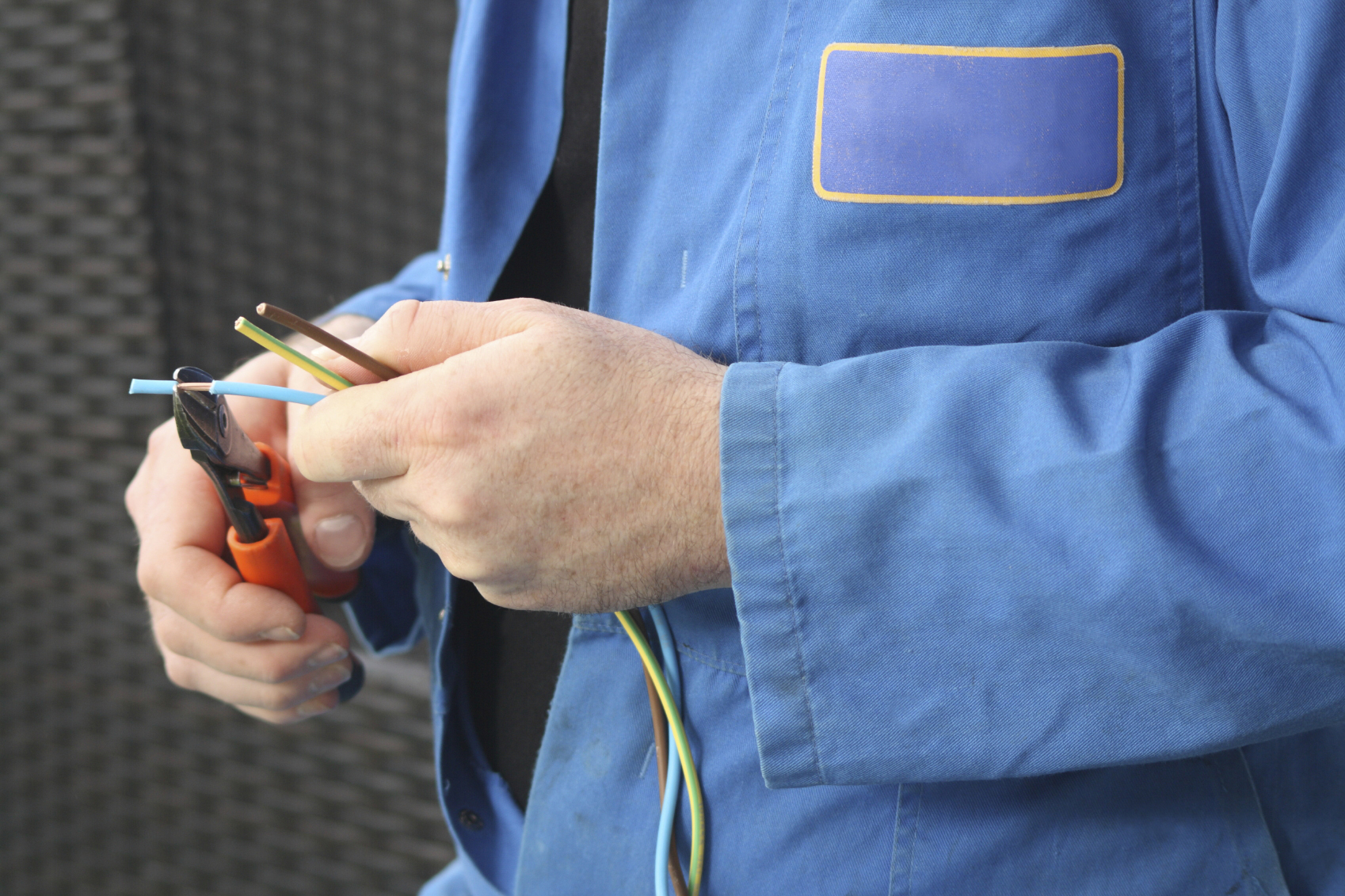Following tragic death of a technician, FEA highlights how equipment safety is everybody’s responsibility
In response to the upcoming sentencing relating to the tragic death of a foodservice equipment technician, the Foodservice Equipment Association (FEA) is highlighting the importance of ensuring that all parts of the supply chain are aware of, and complying with, their responsibilities for ensuring the safe installation, use and maintenance of foodservice equipment.
As with any working environment there are potential risks associated with the foodservice industry. A commercial kitchen can be a dangerous place, with equipment that requires training to use correctly and safely. Much of this will also need to be installed by trained technicians, with ongoing regular maintenance to ensure a long and safe working life.
These responsibilities begin with the purchaser of the equipment. Safety should be one of the key considerations when evaluating potential new equipment. From an electrical viewpoint this includes factors like ensuring that the energy supply is capable of handling the load of any equipment chosen. The manufacturer may specify the type of protective device / supplementary bonding in the installation manual. It is imperative that the manufacturer’s instructions are followed, and you may need to employ the services of a qualified electrician prior to the equipment being installed.
Once the parameters of the required equipment have been established, it is the responsibility of the supplier to understand the customer’s brief and help to meet legal obligations. This involves ensuring that all required certification and labelling are carried out correctly, as well as adhering to the specific installation requirements of the manufacturer.
The installation should be carried out by a competent technician with the appropriate training and qualifications. They should ensure the manufacturer’s specific instructions are carried out while also adhering to all applicable standards and regulations.
Once equipment is installed, any member of staff that works with it should understand both how to use it and how to carry out basic everyday maintenance tasks. This will generally require specific training.
Regular scheduled maintenance is vital, and it’s equally important that the technician understands the original requirements behind the installation as well as the maintenance tasks specific to the equipment. They should also be aware of any product recalls or updates and action them accordingly.
If anything goes wrong at any stage throughout this process each person in the chain could be held responsible. This could potentially lead to prosecution if legal requirements have not been correctly met.
“The tragic death of the technician has brought the issue of safety standards surrounding foodservice equipment into sharp focus,” says Andy Threlfall, technical and policy director of the FEA. “The FEA will continue to work to provide support, advice and training to its members. Our aim is not only to help them to meet their legal responsibilities, but also to help them make their business a safe working environment for employees and any technicians or specialists undertaking work for them.”

